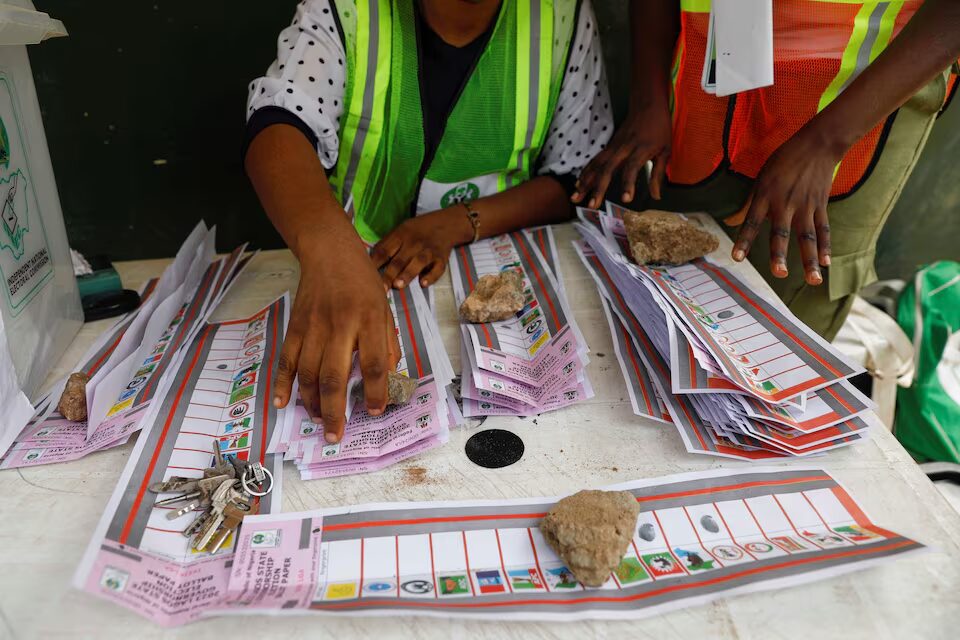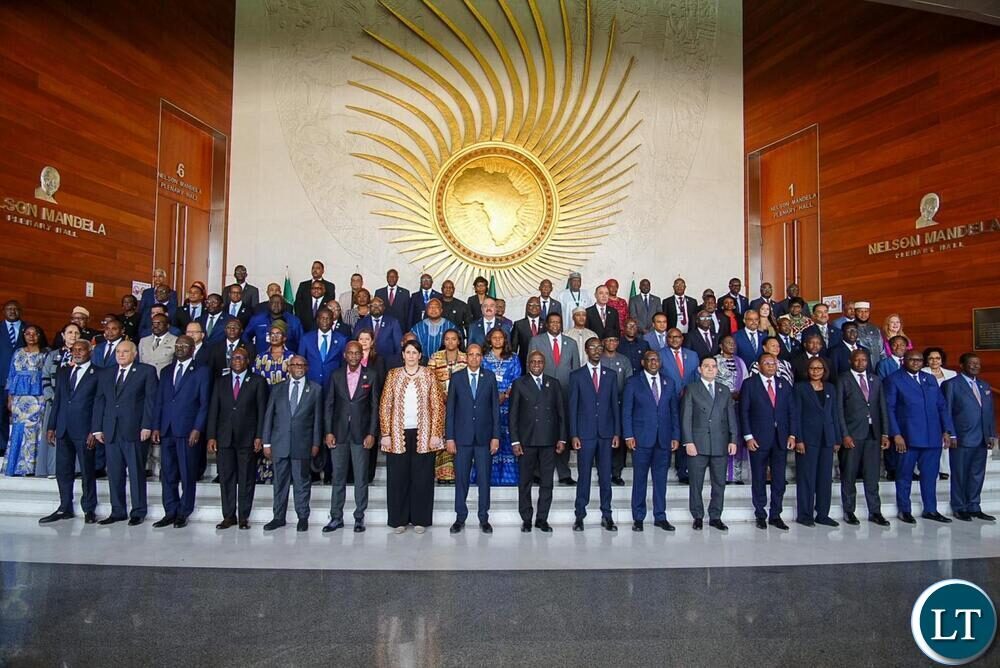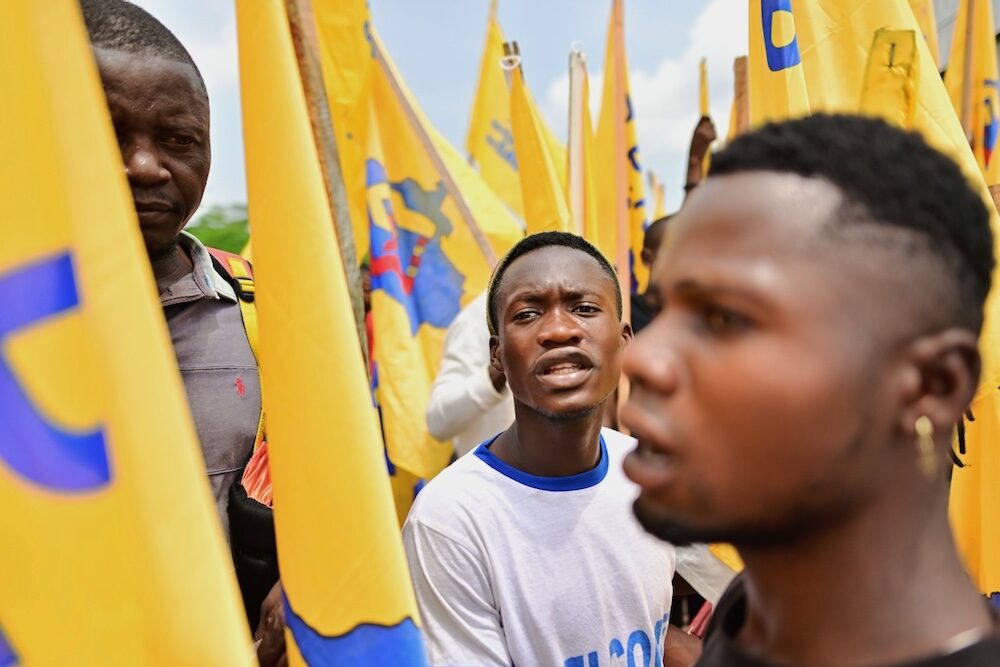
Tuesday 25th November 2025

by inAfrika Newsroom
A prominent Cameroon opposition leader, Issa Tchiroma Bakary, has fled to The Gambia following deadly protests over last month’s presidential election. Gambian authorities say he travelled there “for the purpose of ensuring his safety” as tensions rose in Cameroon after the vote.
Bakary, of the Front for the National Salvation of Cameroon, claims he won the election and rejects official results that gave President Paul Biya 53.7% of the vote. Biya, already the world’s oldest sitting head of state, is now set to extend his rule toward the age of 99. Opposition supporters allege fraud, intimidation and biased institutions, charges the government denies.
The Cameroon opposition leader’s flight follows demonstrations that turned violent in several cities, leaving casualties and arrests. Gambia’s government says it hopes to facilitate a “peaceful and diplomatic resolution” to the post-election crisis. However, Cameroonian authorities have given few details on investigations into violence or claims of irregularities.
Regional observers say Bakary’s presence in Gambia places ECOWAS and the African Union in a delicate position. They must balance non-interference with concern over democratic standards and human-rights risks.
Meanwhile, civil-society groups in Cameroon call for dialogue, electoral reform and accountability for abuses. They warn that ignoring the Cameroon opposition leader’s claims will deepen mistrust among citizens already sceptical of long-term incumbency.
Why it matters for Africa
The Cameroon opposition leader case matters for Africa because it exposes fault lines around ageing leaders, contested elections and regional asylum. When opposition figures feel safer in exile than at home, it signals institutional weaknesses that can fuel instability. Cameroon sits at the crossroads of Central and West Africa, with security challenges in its anglophone regions and along its borders. A prolonged political crisis risks distracting attention from these issues and undermining investor confidence. How regional bodies handle Bakary’s claims, and Biya’s extended rule, will shape perceptions of Africa’s commitment to peaceful transfers of power and credible ballots.


